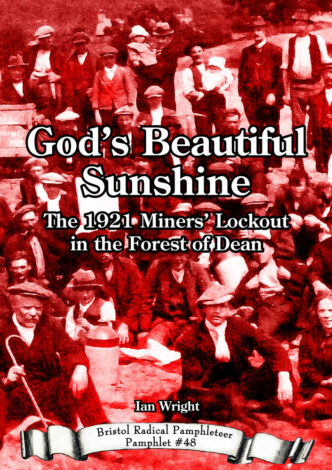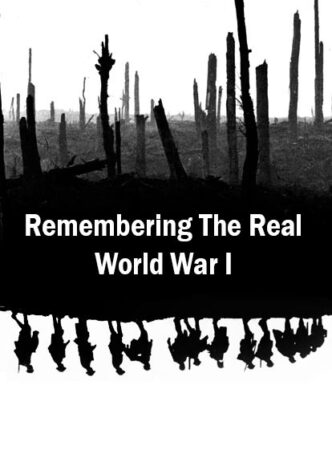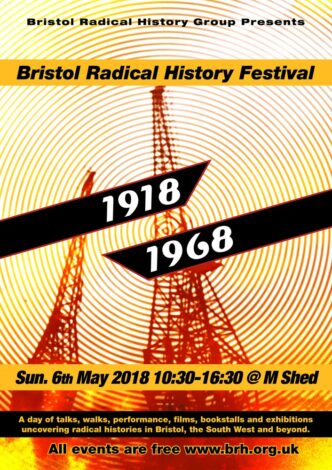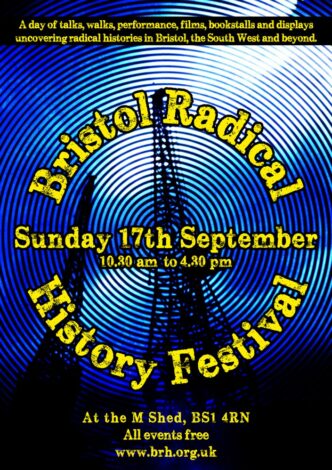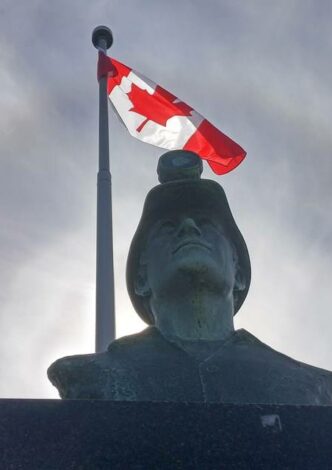In 1921, in response to a severe depression in the coal trade, colliery owners, supported by the government, slashed labour costs. Refusing to accept this cut in wages, a million British miners, including many war veterans, a were locked out of their pits. The consequences for the 6,000 Forest of Dean miners, their families and the whole community, was brutal. However, the miners fought a determined battle for an alternative which included public ownership of the mines with decent pay and […]
In 1921, in response to a severe depression in the coal trade, colliery owners, supported by the government, slashed labour costs. Refusing to accept this cut in wages, a million British miners, including many war veterans, were locked out of their pits. The consequences for the 6,000 Forest of Dean miners, their families and the whole community, was brutal. However, the miners fought a determined battle for an alternative which included public ownership of the mines with decent pay and […]
“We want out” - Bristol and the British armed forces strikes of January 1919 Roger Ball The massive wave of discontent which swept through the British armed forces at the end of World War One remains a hidden history, hardly mentioned by establishment historians or regimental records. Beginning first in France and Belgium in December 1918 and then crossing to mainland Britain the following month, strikes and protests spread rapidly through the Army, Navy and even into the Flying Corps. The […]
Based on his co-authored book, Anthracite Labor Wars, Prof. Bob Wolensky will speak about a 40-year "labour war" that resulted from the mining arrangements between the Pennsylvania Coal Company and a gang of organized criminals. Beginning in 1916, the company decided to subcontract and, later, to lease mineral rights to the mobsters in an effort to discipline the labour force, enhance productivity, and boost profits. Statistics indicated that the scheme worked quite well when it came to […]
The centenary of the end of WW1 in 1918 will be widely commemorated across the country on Remembrance Sunday this year. However, the military style parades and ceremonies send a mixed message. On the one hand they are a moving display of mourning for the dead. On the other they tend towards a celebration of British military virtues, the heroic defeat of Germany and recent claims that WW1 was a 'just' or 'necessary' war. The popular memory in the UK of an allied 'victory' in 1918 leaves many […]
The events of 1968 are often represented by university occupations, protests against the war in Vietnam and the rise of the counter-culture. This however is a partial picture which excludes the aspirations of workers and their organisations in the period. Although action by Trade Unions was improving wages and conditions particularly in large industrial enterprises, the strength of these sections of the working class in Britain was being reflected in new, more radical demands. Equal pay and […]
A series of 10 minute 'taster talks' covering recently or soon to be published Bristol Radical History Group texts. These include: Lady Blackshirts: The Perils of Perception – suffragettes who became fascists [Rosemary Caldicott] During the 1930’s a small group of ultra-nationalistic women, who considered themselves feminists, joined Oswald Mosley’s British Union of Fascists. Surprisingly some of these women were former high ranking members of the suffragette movement. The Smoke-Dragon and How […]
When Thomas Davis and his wife Annis and their family from Pillowell in the Forest of Dean decided to emigrate to Canada in 1890 they could not have known that their choice would have tragic consequences or that their personal tragedy would be remembered in Canada to this day. One of their boys, Thomas, would be killed in one of the worst mining disasters in Canadian mining history and another, William, would be shot dead by the police in one of the most violent strikes in Canadian labour […]

